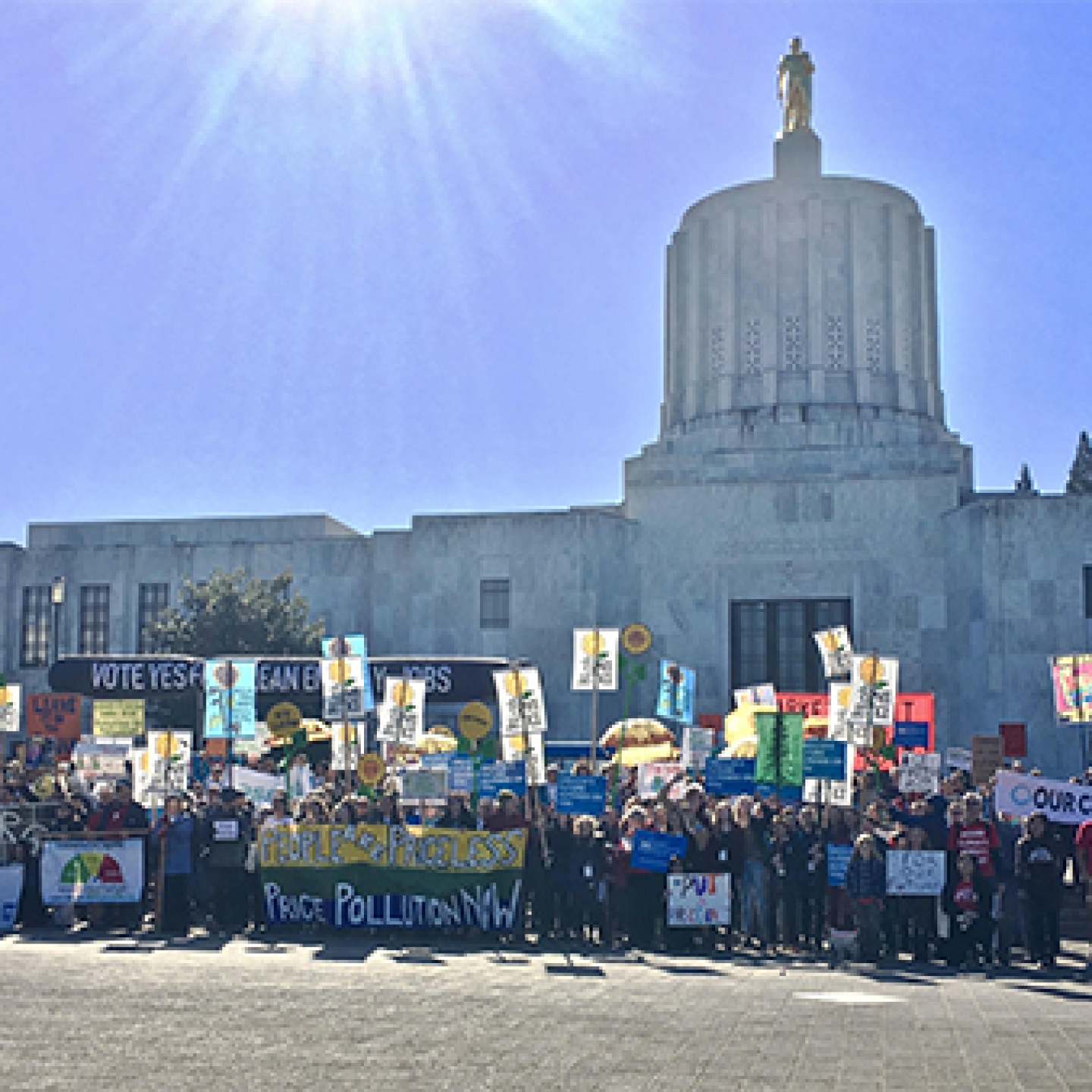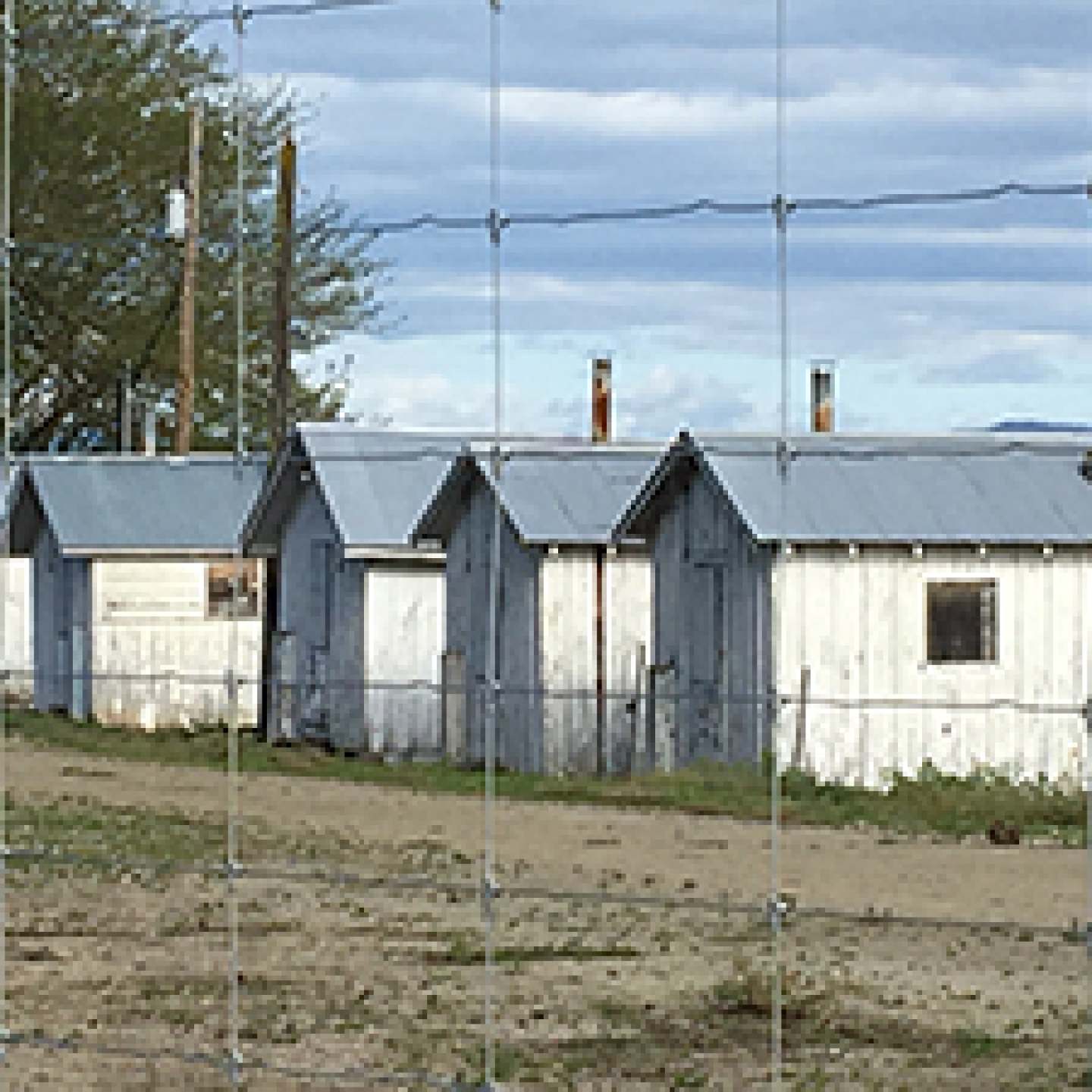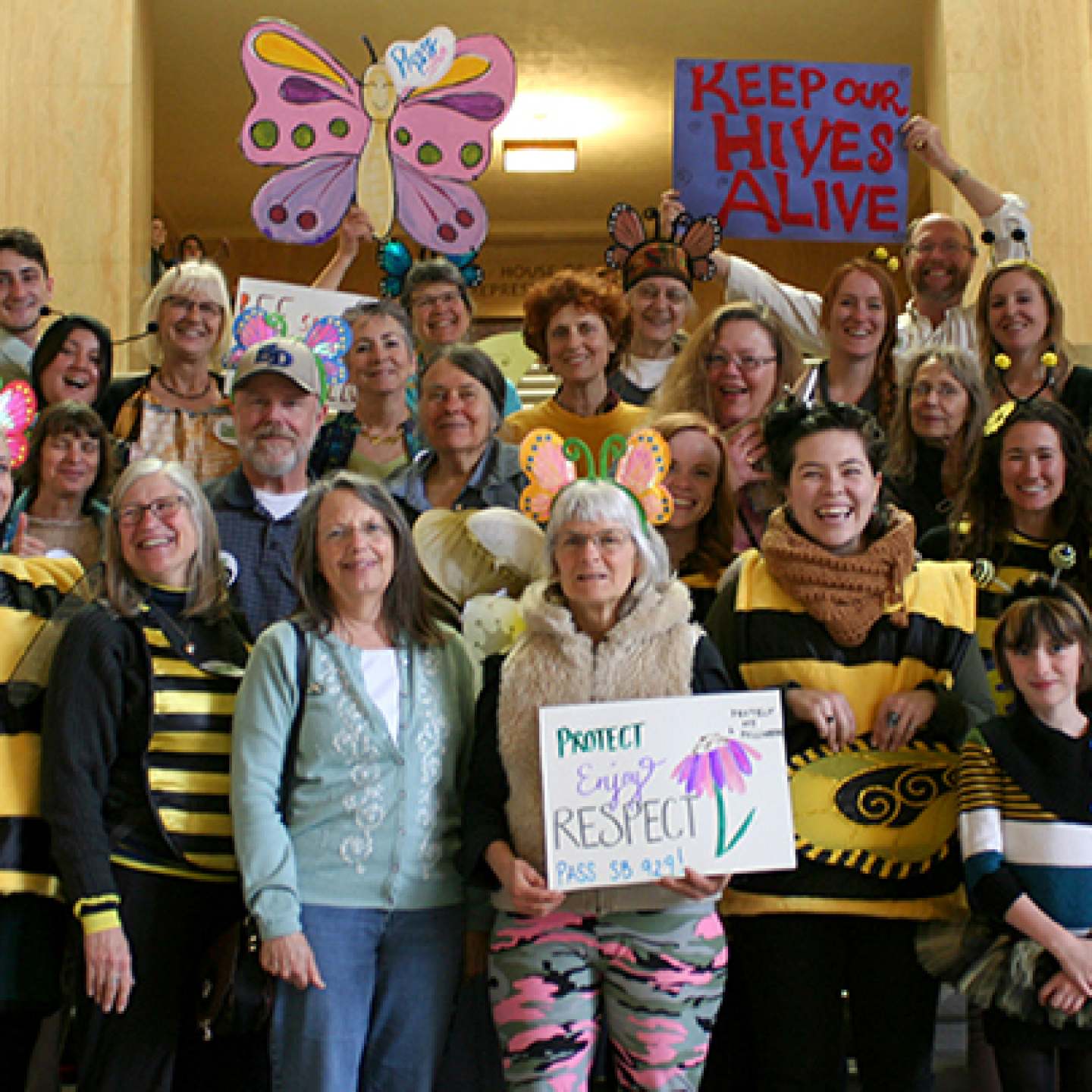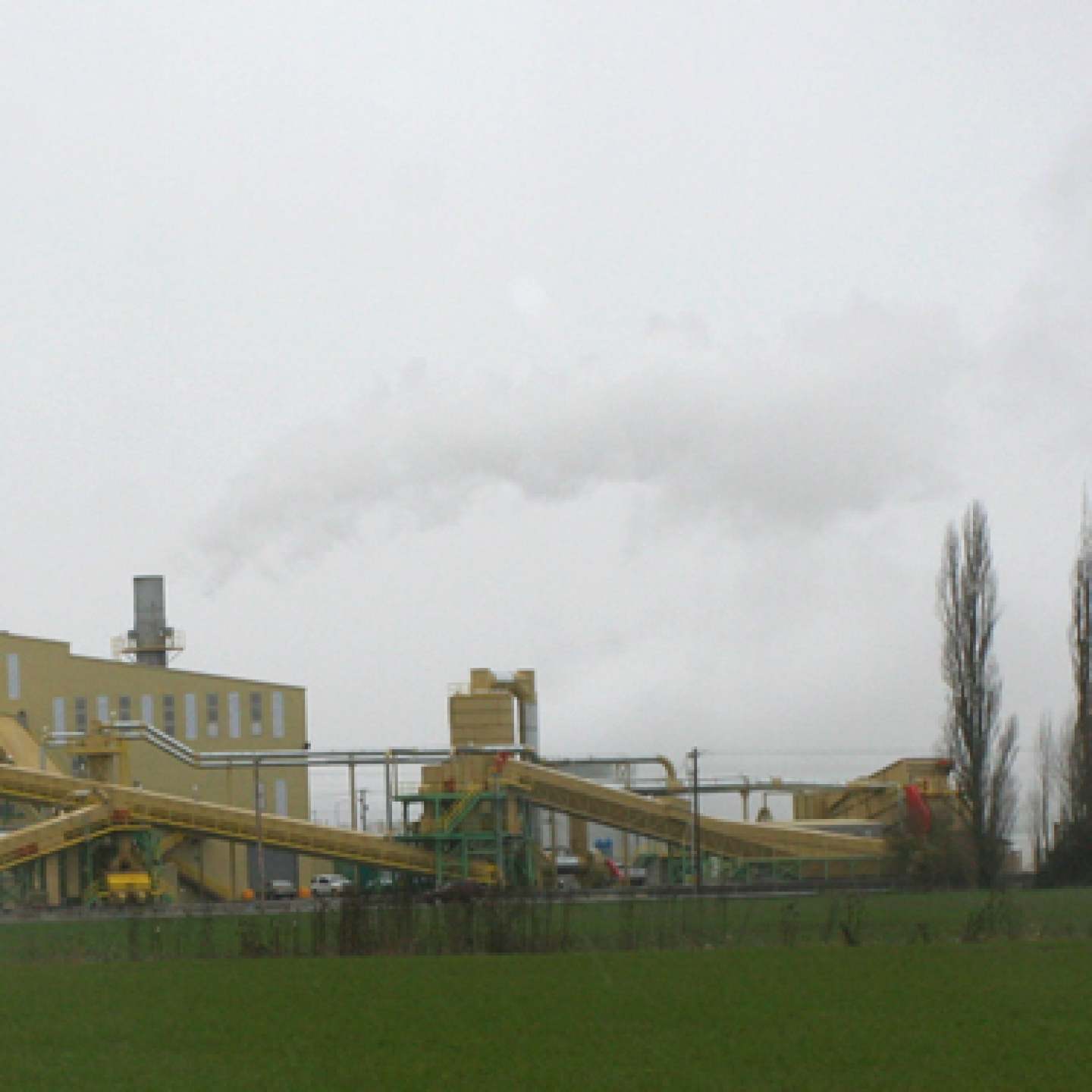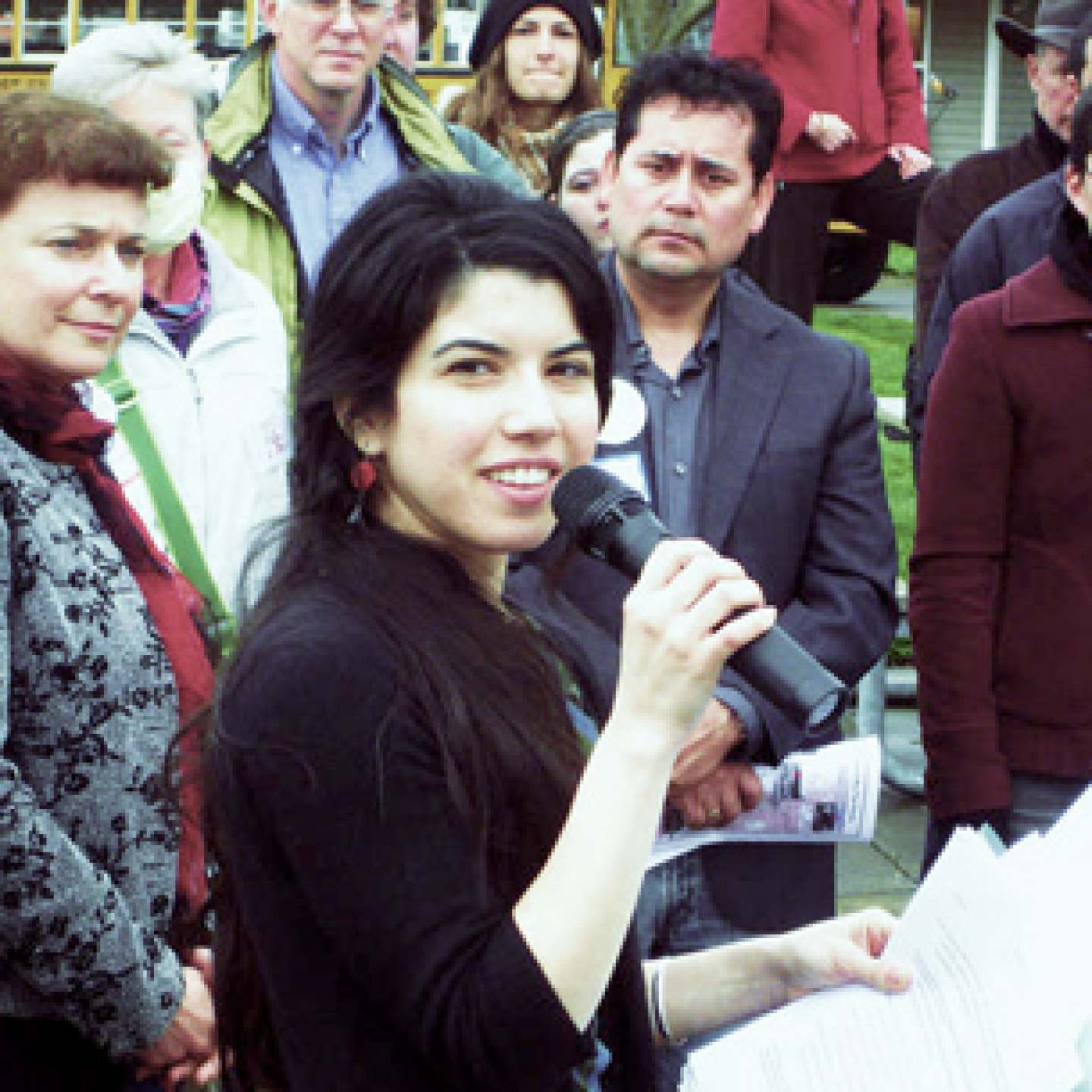On February 12th, the Eugene City Council overwhelmingly adopted a resolution to endorse the International Declaration on Human Rights and Climate Change. Our Council and Mayor are standing on the precipice of a new direction to address climate burdens! Foregrounding human rights at the heart of green energy conversations is a response to the ethical quagmire in which our nation is stuck. Placing the dialog into a framework of human rights changes the underlying assumptions of the climate movement from political concerns to principled action, from marketplace considerations to morally-based decision-making.
Stories from the Field
Going head-to-head with corporate lobbyists and lawyers is a fine way to keep your environmental advocacy skills honed! During the nearly two years I served on the Cleaner Air Oregon rule-making committee, I got lots of practice dissecting the duplicitous arguments and twisted claims proffered by industry’s public relations people.
Farmworkers deserve better pesticide rules
More than 1 billion pounds of poisonous pesticides are applied on farms annually in the United States, resulting in as many as 20,000 physician-diagnosed poisonings annually among agricultural workers. University of Oregon environmental studies scholar Sarah Wald puts the number of farmworkers exposed to toxic levels of pesticides closer to 300,000, more than 10 times the official number.
Oregon Farm Workers Are Fighting for Their Lives
I remember, and you might too, feeling virtuous when my family took part in the California grape boycott in the 1970s. I was only a teenager, but to me it meant that I was standing in solidarity with farm workers. I felt a bond, although I’d never met a farm worker as far as I knew.
My small action, combined with the similar ethical choices of millions of others, helped farm workers position themselves to win. And what did they win? What they asked for were basic human rights: safer working conditions, less pesticide exposure, habitable housing and better wages.
Farm Worker Rights in the Age of Trump
Oregon has over 300 registered farm worker housing camps and another 200 unregistered camps. Most of these camps are located within orchards and fields that are regularly sprayed with pesticides that are human carcinogens and neurotoxins. To protect farm workers, the federal law requires a minimum 100-ft. no-spray buffer around farm worker housing. You may be surprised and dismayed to learn that Oregon’s worker protection agency, the Occupational Health and Safety Administration (OSHA), wants to give Oregon farmers “a pass” on following the 100-ft pesticide buffer regulation.
Why You And I Are Thrilled to Protect Oregon’s People, Pollinators and Places – Again!
I’m writing this from the bedside of my childhood friend who grew up on the same street as I. Ten days ago she was fine. Today she is transitioning to her passing. Her breathing is ragged, her eyes are unfocused. Her doctors at Stanford University Medical Center told the family they have never seen such a rare and aggressive cancer. They can’t stop it, they can’t even slow it down.
Cancer. Linked to environmental pollution from toxic chemicals and poisonous pesticides.
Timber's fallen: Efforts show promise for working conditions in Oregon forestry
This is Part III of a three-part series on the working conditions and treatment of Oregon's immigrant forestry workers.
Eugene struck out with Seneca deal
It’s the bottom of the ninth, and Lane County citizens are down 0-3. From our seats in the nosebleed section of the bleachers, we find our home team facing direct impacts of localized carbon pollution, air quality and the size of our energy bills.
Oregon must address environmental in-justice, starting with a response to a Southern Oregon forum
Poverty, hunger and gang violence in Central America and Mexico have persisted for decades. According to the Pew Research Center, the Honduran city of San Pedro Sula was the murder capital of the world in 2012. This city is where most Honduran children refugees come from when they arrive at America’s borders, sent by their parents to find a safe, civilized life. But what does this all have to do with Oregon and the environment?
